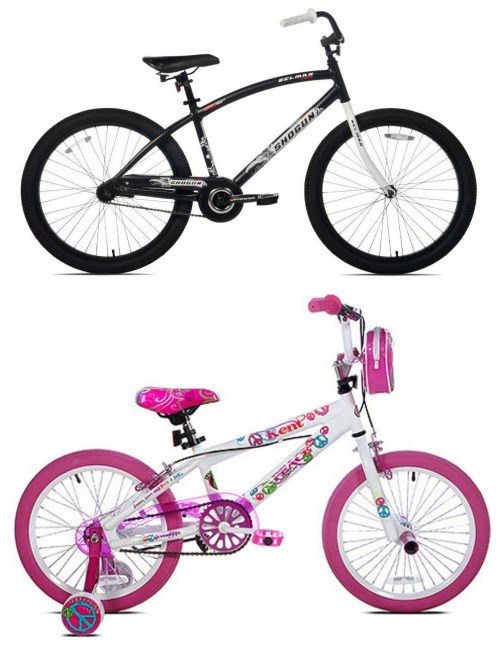Why Reshore?
The question of where to manufacture is not strictly an issue of labor cost. Kent Bicycles is relocating production to the United States. The company CEO lists a number of factors that all contributed to this decision.
Share



Takumi USA
Featured Content
View More.png;maxWidth=45)
DMG MORI - Cincinnati
Featured Content
View More

Autodesk, Inc.
Featured Content
View More



Hwacheon Machinery America, Inc.
Featured Content
View More
Kent Bicycles, a United States-based company that currently manufactures bikes in China, will be building a plant in South Carolina so that it can serve American demand with American production. This Washington Post article details the company’s move. The article paints an interesting picture of reshoring, identifying the many factors that contributed to the move. According to Kent CEO Arnold Kamler, the reasons for reshoring include all of the following:
1. Shifting Opinion. In the 1990s, he says, offshoring was fashionable. “Made in the USA” was not. For a manufacturer to be regarded well by important commercial partners (retailers, for example), it helped to look to offshore production even for small cost savings.
2. Customer Encouragement. Related to Point 1, Wal-Mart recently expressed its new preference to Kent. The big retailer enouraged the bike maker to shift some production to the United States. Wal-Mart’s encouragement gave Kent the confidence to press ahead.
3. Foreign Demand. International business is doing so well that Kent expects to be able to sell all of its current overseas production outside the United States. Therefore, this shift in production will not subtract production from overseas. Instead, U.S. production is the alternative to an overseas increase.
4. Cost. Cost of labor in China is increasing. The difference between U.S. and Chinese labor cost is not as great as it once was.
5. Worker Commitment. Mr. Kamler found what he regards as a serious attitude toward production-floor work in Clarendon, South Carolina. Many of the workers he observed were single mothers basing their families’ livelihoods on this work. By contrast, he has noted what he views as an increasingly “apathetic” attitude among personnel in overseas facilities. He cites the distraction of cell phone use by production employees as a significant problem.
6. State Competition. State governments recognize the value of manufacturing and are pursuing manufacturing facilities. New Jersey and South Carolina competed for Kent’s plant. Part of the winning offer from South Carolina was the commitment to train Kent’s workers for free.
Related Content
-
Tips for Designing CNC Programs That Help Operators
The way a G-code program is formatted directly affects the productivity of the CNC people who use them. Design CNC programs that make CNC setup people and operators’ jobs easier.
-
How to Choose the Correct Measuring Tool for Any Application
There are many options to choose from when deciding on a dimensional measurement tool. Consider these application-based factors when selecting a measurement solution.
-
Selecting a Thread Mill That Matches Your Needs
Threading tools with the flexibility to thread a broad variety of holes provide the agility many shops need to stay competitive. They may be the only solution for many difficult materials.



















.png;maxWidth=150)

















